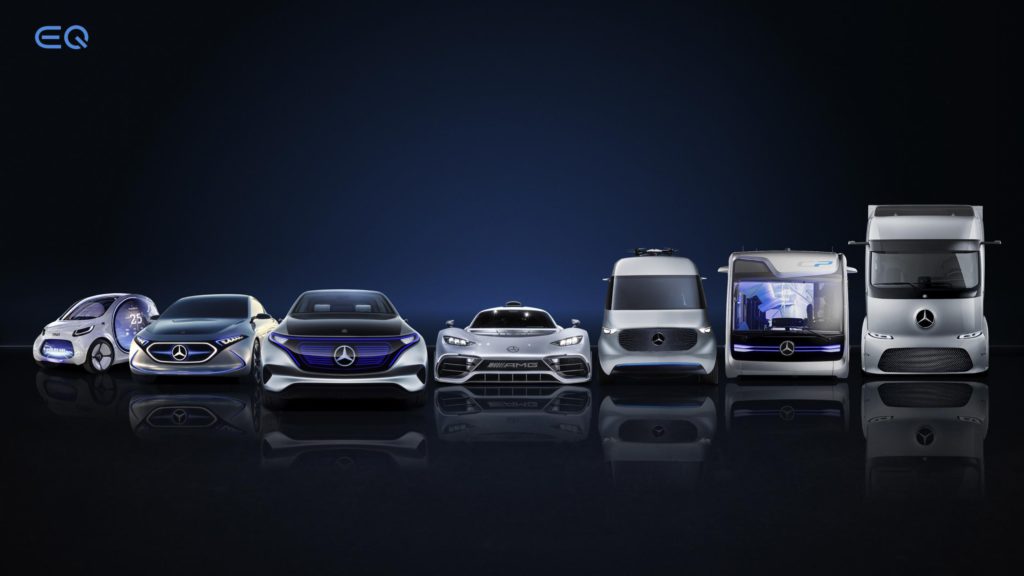Daimler and Bury alert antitrust authorities to Nokia patent practices
10 April 2019

10 April 2019
Daimler, together with German technology company Bury, have complained to EU antitrust regulators about patents filed by communications specialist Nokia.
The move highlights underlying tensions between the automotive industry and technology companies over the use of key technologies in vehicles. Mobile telecoms providers are playing an increasingly important role in car production with their technology used in navigation systems, vehicle-to-vehicle communication and self-driving cars.
′We want clarification on how essential patents for telecommunications standards are to be licensed in the automotive industry,’ the manufacturer said in a statement. ′Fair and non-discriminatory access to these standards for all users of the essential patents for telecommunications standards is a key prerequisite for the development of new products and services for connected driving.’
Nokia said Daimler was seeking to sidestep taking out licenses. ′Though we offer a wide range of options for automakers, including through their tier 1 suppliers, Daimler has resisted taking a license to the Nokia inventions it is already using,’ Nokia spokesman Mark Durrant said.
′Daimler’s allegations in its complaint to the EU are simply the latest in a long series of actions to avoid taking a license,’ he said.
The complaint relates to standard-essential patents (SEPs) for car communications. The particular patents cover 2G, 3G, 4G and WiFi.
Second complaint
While companies with key patents are expected to offer these on fair, reasonable and non-discriminatory terms, the lack of clear rules on calculating license fees and terms will inevitably lead to disputes when companies fail to agree on the charges.
Bury, a family-owned company that specialises in aftermarket communications systems, has also confirmed it has filed a complaint with the Commission.
′Nokia refuses to license mobile components. Instead, Nokia insists on indirect licensing of the entire vehicle,’ Bury said in a statement. ′Nokia does not own a vehicle-oriented SEP. Therefore, Nokia cannot demand indirect licensing of the entire vehicle,’ it said.
Bury is calling for the licensing of components, in accordance with the scope of protection of the patents, to give the flexibility to distribute technologies either to manufacturers or via aftermarket sales, which is contrary to exclusive licensing of vehicles.
The business expects that Nokia will meet its obligation to grant a license to all interested participants in the market, who without a license would run the risk of violating SEP. In filing a complaint regarding the employment of monopoly practices, Bury hopes for the reinstitution of fair competition practices in the use of binding mobile telephony standards.
The Commission has confirmed receipt of Daimler and Bury’s complaint and said it would assess it.
Nokia was involved in mapping technology for the automotive industry until 2015 when it sold its HERE unit to BMW, Daimler and Audi for €2.8 billion in 2015, allowing the carmakers to avoid becoming dependent on third-party mapping providers.